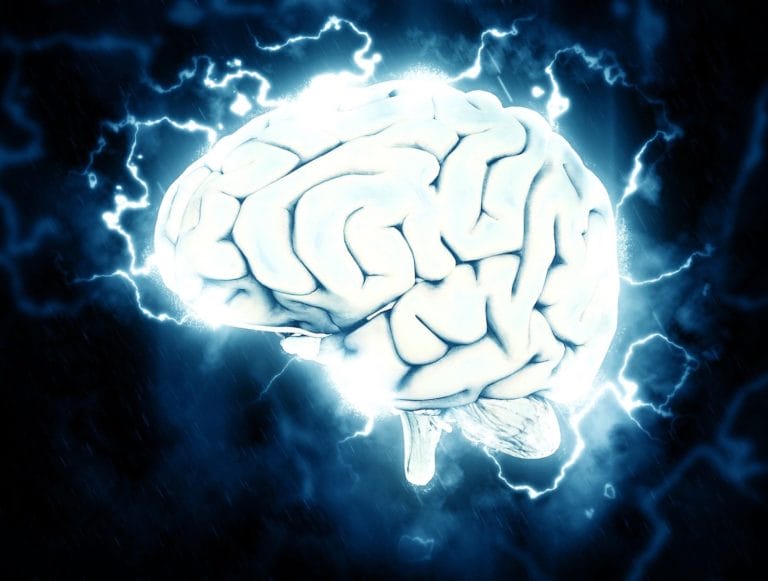You just found out your partner has been unfaithful. You found porn on his phone. He confessed to years of infidelity. Your mind is spinning. You feel alone. Is he a sex addict? What does sex addiction even mean? You’re devastated, hurt, paranoid, and confused. The trust between you and your partner is broken, and the shame can feel overwhelming.
What you’re feeling is called betrayal trauma, and it affects both your mind and your body. When you lose the safety of being able to trust the man you married and can no longer connect with him because of the betrayal, your brain and your body will both react to the trauma. You may have trouble sleeping, suffer from anxiety or depression, or feel like your brain is foggy all the time.
So what do you do? Is there hope? The answer is, “Yes!”
The Fallout
Let’s begin with D-Day—the day you first discovered your husband’s betrayal. This day is likely seared in your mind; you know the exact moment your world fell apart. You may have found out everything at once, or you may have learned the full truth over time. But no matter how you found out, it’s devastating, and you are not to blame.
Read that again: You are not to blame. There is no reason for you to be ashamed, and you do not need to bottle up your pain. You have the power to choose to begin to heal.
The First Four Steps

There are four steps you should take when you find yourself in the throes of betrayal trauma, trying to navigate your partner’s sex addiction.
1.) The first step is to come out of isolation and find support. A fully-licensed certified sexual addiction therapist (CSAT) with experience in treating betrayal trauma is the best person to help you navigate the crisis you’re going through. At The Finding Place Counseling and Recovery, we have two experienced CSATs on staff, Ryan Russ and Dan Hunt, who can help guide both you (the traumatized) and your partner (the addict) to recovery.
2.) The second step is to find community. We know this step can be frightening. Who could understand what you’re going through when this trauma feels so private? At The Finding Place Counseling and Recovery, we offer group therapy for the partners of sex addicts where you can share openly without shame or embarrassment. Understanding that you’re not alone is powerful. Meeting with other women who are walking the same road you are is life-giving. And feeling understood, welcome, and loved when you are suffering from betrayal trauma can help you begin to heal.
3.) The third step is to educate yourself about addiction. Sexual addiction is complicated. It’s messy. It’s often rooted in self-hatred, and the shame and fallout from discovery can be detrimental. Many women ask, “Why can’t my husband just stop his porn addiction?” Examining the brain science behind addiction will help you answer that question.

Because of how addiction works in the brain, sex addiction is more powerful than any substance addiction, but even so, sex addiction is only a symptom of a deeper problem. Trauma or childhood development is often the cause of compulsive and addictive behaviors. Understanding this will help you begin to separate the person from the addiction.
Studying addiction will also empower you and give you hope because it reinforces the fact that you aren’t the cause of his behavior. Your partner’s behaviors have nothing to do with your personality or how sexy you are. You also aren’t the solution. You also can’t monitor him into sobriety, and having more sex with him won’t satisfy his addiction.
Studying sexual addiction will put words to your feelings, help you learn how to move forward in your recovery, and give you the boundaries you need to help your partner in his recovery as well.
4.) The last step in beginning to heal is to focus on self-care—meeting your physical, emotional, mental, and spiritual needs. Getting the proper sleep, nutrition, and exercise will aid you in processing your emotions and circumstances. Create boundaries. Be kind to yourself. Practice prayer or meditation. Use grounding techniques to refocus negative thoughts. Self-care reinforces your value and worth, apart from your husband’s validation.
We Can Help

At The Finding Place Counseling and Recovery, our therapists understand the devastating effects of betrayal trauma and are specially trained to help you.
You need experienced help from someone who is both a certified trauma therapist (CTT) and a certified sex addiction therapist (CSAT) like our therapists Ryan Russ and Dan Hunt.
Countless women have recovered from betrayal trauma, and with the right support and guidance, you will, too. Please reach out to us at any time. We are here to help.





